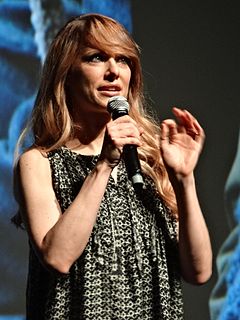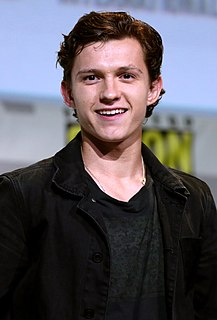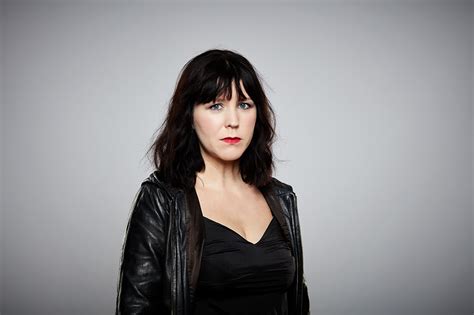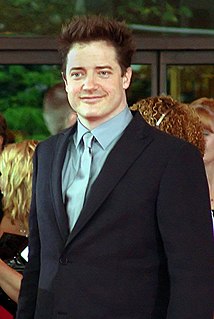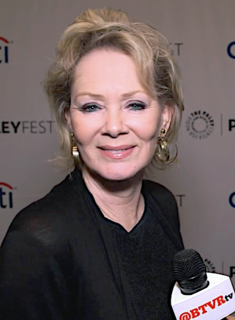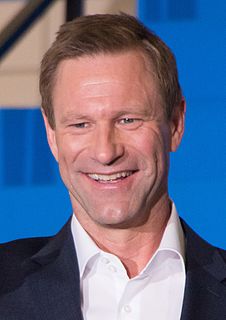A Quote by Lynn Shelton
I feel like this is the way I was meant to interact with acting. Which is as a director, and helping, working with actors to find their way. Facilitating their performances is so satisfying for me.
Related Quotes
Period films to me are very often alienating to the audience. There's very often a formality. A staunchy quality to them that comes from the misenscene. It also comes from the performances of the actors, because they're acting Victorian which really means that they're just acting the way they've seen previous actors act Victorian.
I just don't want to be bored. That's the only criteria I have when I choose a role to play. I like it if the script is good and the director seems like he's gonna be good. But if I can find a variety of things to do, which I feel like I manage to do, as far as the actual performing goes and the character, that's huge for me. To be able to feel like I can do a fairly diverse array of things. I've been lucky in that way. I don't mind being stereotyped in some way and playing certain kinds of guys, but if I can find something to occasionally get a break from that, that would be nice.
I like to adapt to a director's way of working. I love doing that. Each director is so different, and you have to adapt to this new way of doing something. That's what's amazing to me. That's why I love directors. I don't want to director to have to work around me. I think it's more fun for me to come in on their thing.
Animators do amazing working translating and interpolating the characters [in the Planet of the apes], the facial performances. What we're creating on set - if you don't get it on the day, in the moment, on set, in front of the camera, with the director and the actors. The emotional content of the scene and the acting choices.
I felt a gravitational pull to the material so that there's a certain element of acting that's not really necessary. I've really liked this in foreign movies before or I've observed others working with them and I've noticed that there's a method that goes on where the actors try and get the children, like the child actor, to interact with them in a real way. It seems like you're the adult trying to get the kid to fall in love with him.
It makes a huge difference in how you feel, the way your costume holds you. When you look at yourself in the mirror, it makes you feel a certain way. Actors like to talk a lot about working from the inside out, but there's a lot to be said also about working from the outside in. It can be extremely helpful.
When I'm in the studio, I write the music, I play the different instruments, I produce it, I arrange it, and it's a self-indulgent exercise. It's the way I make my music. And when I'm acting, I get to leave myself behind, which is a relief. I get to collaborate with a director; I respect the director's medium and all the actors and actresses. So at the end of the day, it's about a character and it's about a director's vision. It's a really good balance for being so intense and alone in my personal process of making music.
I aspire to be an instrument of the director. I'm happiest like that. The stronger the director, the more I'm willing to give them. It's not just about admiration for their films, it's how they deal with you, and whether they get you or the way you work. If they don't, you better adjust your way of working to suit them. I want to work with people who are good at what they do, and people who are passionate. As you get older, you suffer fools less easily. That's why there's all those cranky character actors. I'm an exception. I'm a sweetheart.
I find it rather tedious working with some actors who have to go into a corner and bounce up and down, shake their hands and arms, saying to the director, "Just a second - I'll be ready in a few minutes, " while all the other actors are waiting around to get in. Then they say, "OK! I'm ready now." And then they come on and do it exactly the same way they've done it in rehearsal.
